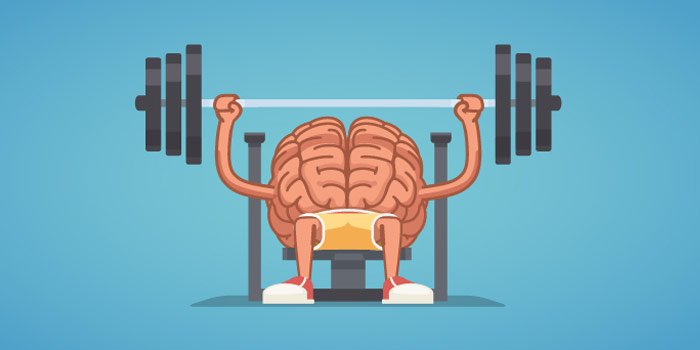No products in the cart.
Uncategorized
Is Brain Training Effective for Older Adults?
Recently, there has been a surge of brain-training apps available to smartphone users. Apps such as Lumosity and Elevate are being used by tens of millions of people around the world in an attempt to boost their brain health.
However, the actual cognitive benefits of these brain-training apps have been called into question. Some studies have found that brain-training games improve the brain function of young people, and others claim to help preserve cognitive health in seniors. There have also been studies carried out that claim these brain-training apps provide no cognitive benefits.
What can we take away from this? While the specific benefits of brain-training apps are yet to be confirmed, the fundamental concept of exercising your brain is just as important to cognitive health as exercising your body is to physical health.
Our brains need regular workouts, particularly as we get older. After the age of 65, the risk of developing dementia doubles approximately every five years. Many forms of dementia cannot be cured; however, research has proven that keeping our brains active and healthy through mental activity, a healthy diet, and physical exercise can make a positive difference to how we age.
Improving Brain Health
Stimulating the brain with activities and games when we are under the age of 65 can help to keep our mind healthy in later life. There are a number of online games and apps that can be played on a computer or smartphone; however, you don’t need to use modern technology to give your brain a workout. Playing a simple board game like Chess or Scrabble, doing a matching game, or completing a jigsaw puzzle can all have significant cognitive benefits. Other puzzle-type games like word searches, Sudoku puzzles and crosswords are all mentally stimulating.
If you are trying to find an activity that will stimulate your brain, look for something that will challenge your short-term memory, attention span, language, logic, reaction time, hand-eye coordination, and visual abilities. You can also simply add a brain-training workout to your everyday life, such as:
- Writing a daily to-do list and memorising it rather than taking it with you.
- Listening to a new song and trying to remember, or writing down, some of the lyrics.
- Drawing a map from one location to another that you take regularly.
- Carrying out research on something new.
- Changing the way you do something. For example, if you are right-handed and use that hand to stir your tea, try to do it with your left hand instead.
- Reading a how-to book to learn something new.
- Learning something new such as a new language, musical instrument, or taking a new class.
- Trying out a new hobby, such as an Ageless Grace®
In order to have the most impact on ageing, brain activity should also be backed up with a healthy lifestyle.
Making any changes to your lifestyle can seem like a big change at first, but it doesn’t have to be. Don’t try to change everything at once. Start training your brain with one new activity. If you find yourself getting bored with that, try another one. Just don’t give up.
Brain Training and Dementia
While you can do brain-training exercises to improve your overall cognitive health, there’s no guarantee that these activities will prevent forms of dementia. It will also not cure certain forms of dementia, such as Alzheimer’s disease. However, if dementia is tied directly to disease (such as uncontrolled type 2 diabetes), you can improve and manage the symptoms with medicine and healthy living.
If you are concerned about declining mental capacity as you are ageing, don’t worry. Occasional memory loss is normal as we get older. If you have dementia, however, memory loss gets worse over time and progresses at a quicker rate. Some of the most common signs that may indicate dementia in yourself or a loved one include:
- Frequently forgetting recent events or information. For example, repeating the same question a few times and not remembering the answer.
- Not remembering to carry out routine tasks, such as driving, cooking, or showering.
- Forgetting how to get somewhere that you have been to several times before, or forgetting how you got there.
- Starting to lose judgement on things that are normally commonplace, such as wearing a different shoe on each foot.
- An inability to think in abstract ways, for example, understanding the purpose of money.
- Misplacing things and then finding them again in strange places, such as putting a television remote in the fridge.
- Significant changes in mood and/or personality, such as a usually happy person becoming angry and rude.
- Losing interest in things that were once very important, for example spending time with family or doing hobbies that you used to enjoy.
For more information on the content of this article, get in touch with the team at Brain Sparks.


